By Brad Reynolds
Though William Rufus Shafter (a.k.a. “Pecos Bill”) had been awarded the Medal of Honor during the Civil War, he was known for crippling the careers of officers he did not like as he rose through the ranks. One of the most notable examples of this was the court marshal of the first African-American graduate of West Point, Henry Flipper. Though Shafter allowed personal prejudices to influence his leadership, it would be his command of the V Corps in Cuba during the Spanish-American War that solidified his place as one of America’s worst leaders in history.
Prior to the invasion of Cuba in 1898, problems had already emerged on the wharfs in Tampa. Major General Shafter’s planners had inadequately organized transports for the cavalry horses in the V Corps, leading to fistfights among men over which horses would be brought. Shafter had also neglected to organize a landing point for the transport ships or adequate medical and food rations for the campaign.
Communication Breakdown
Shafter, who at the beginning of the campaign weighed 300 pounds and could not mount a horse, contracted gout within days of the initial invasion, relegating him to the rear headquarters and preventing him from seeing strategic developments at the front. This would lead to further command blunders and disallow a coherent chain of command to develop, which was further compounded by the fact that Shafter had no definite offensive plans.
Teddy Roosevelt & the Battle of San Juan Hill
Shafter’s command had collected sparse intelligence prior to the Cuba campaign and as a result, his commanders went into many engagements blind. At the Battle of San Juan Hill, the 2nd Division would drag an observation balloon with them, reveling their position as they approached Spanish forces. American forces were subsequently pinned down and incurred over 1,400 casualties before Teddy Roosevelt would infamously secure the San Juan Heights.
American forces would achieve victory soon after the Battle of San Juan Hill and the capture of Santiago, but would continue sustaining casualties due to disease and lack of supplies. Though a brave soldier, Shafter’s exploits in Cuba illustrated his administrative incompetence and inability as a military commander.
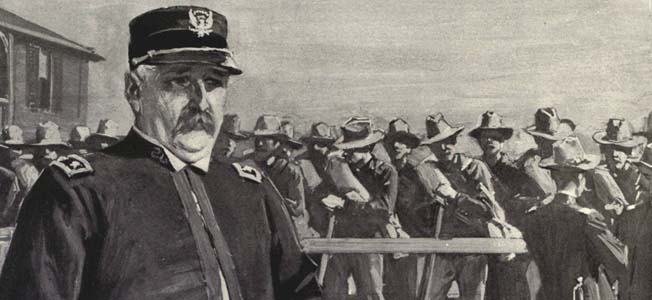
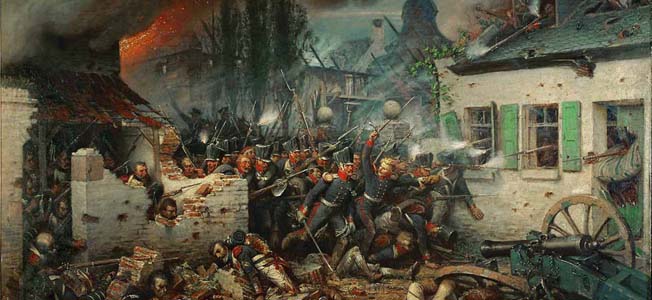
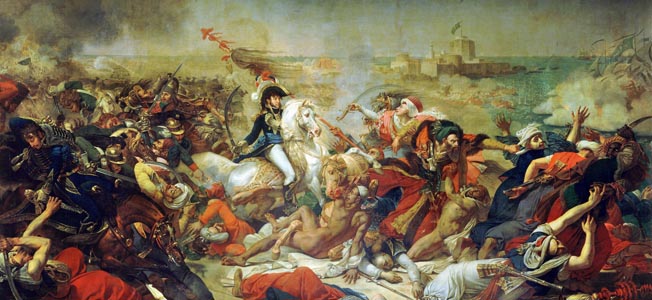
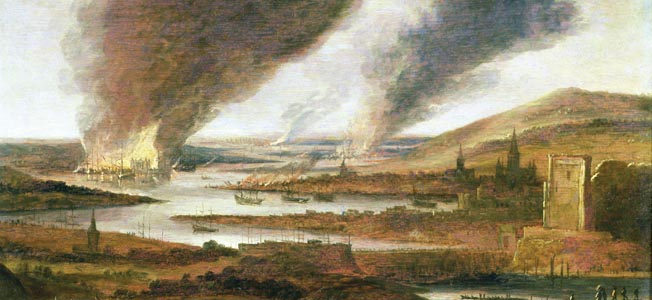
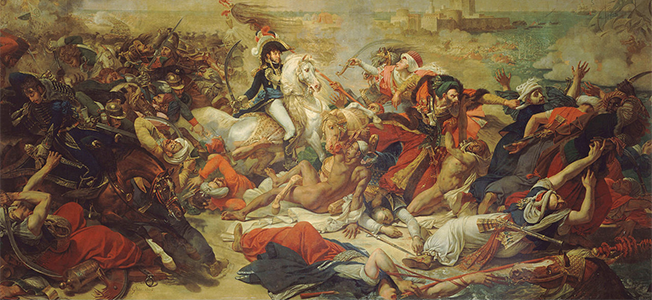
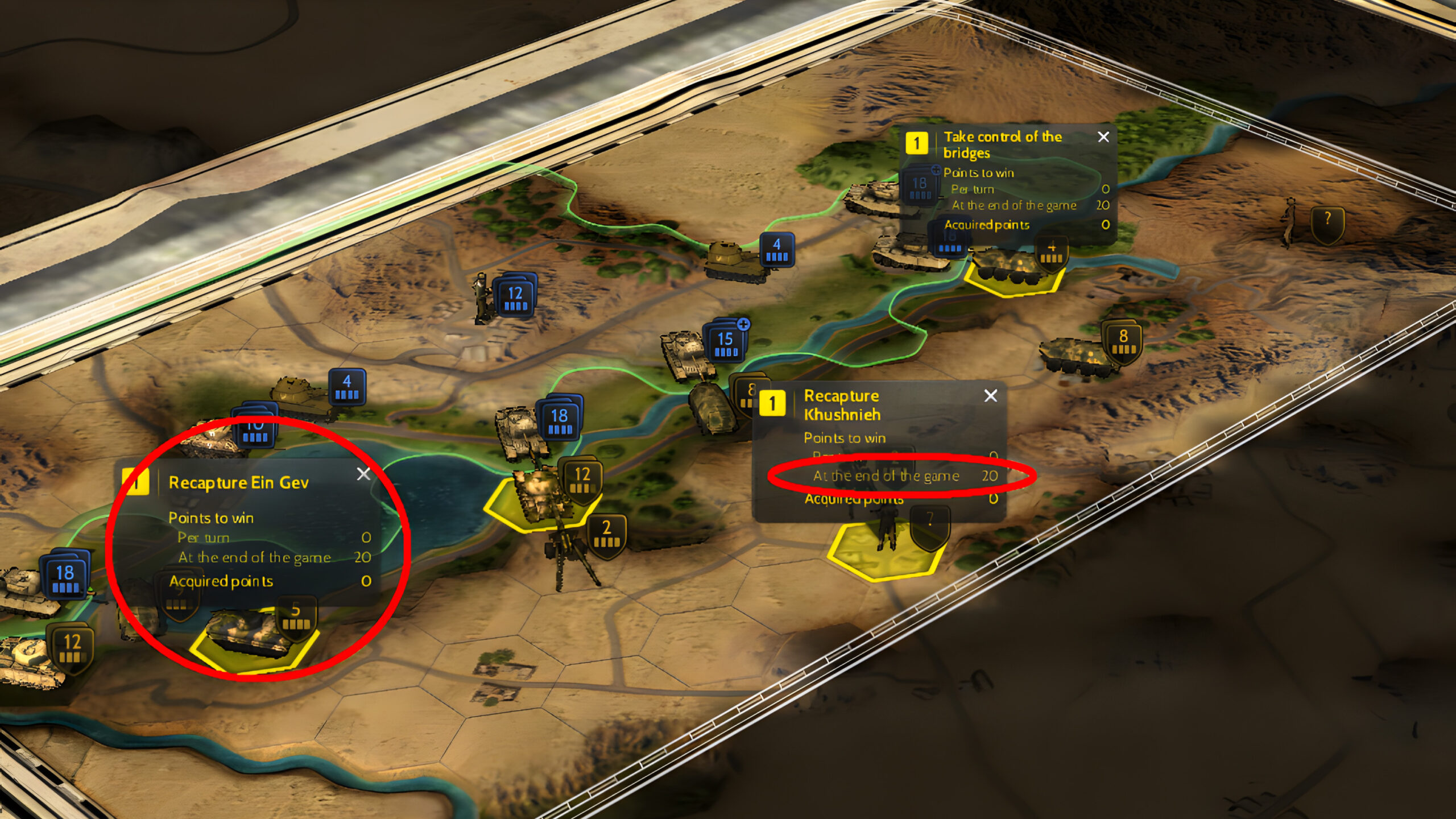
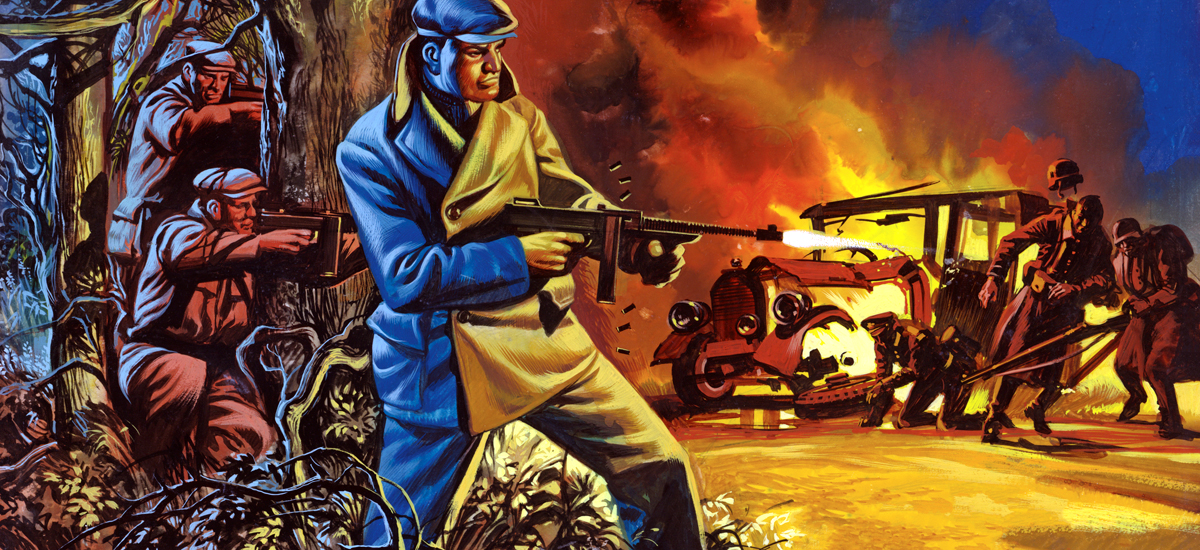
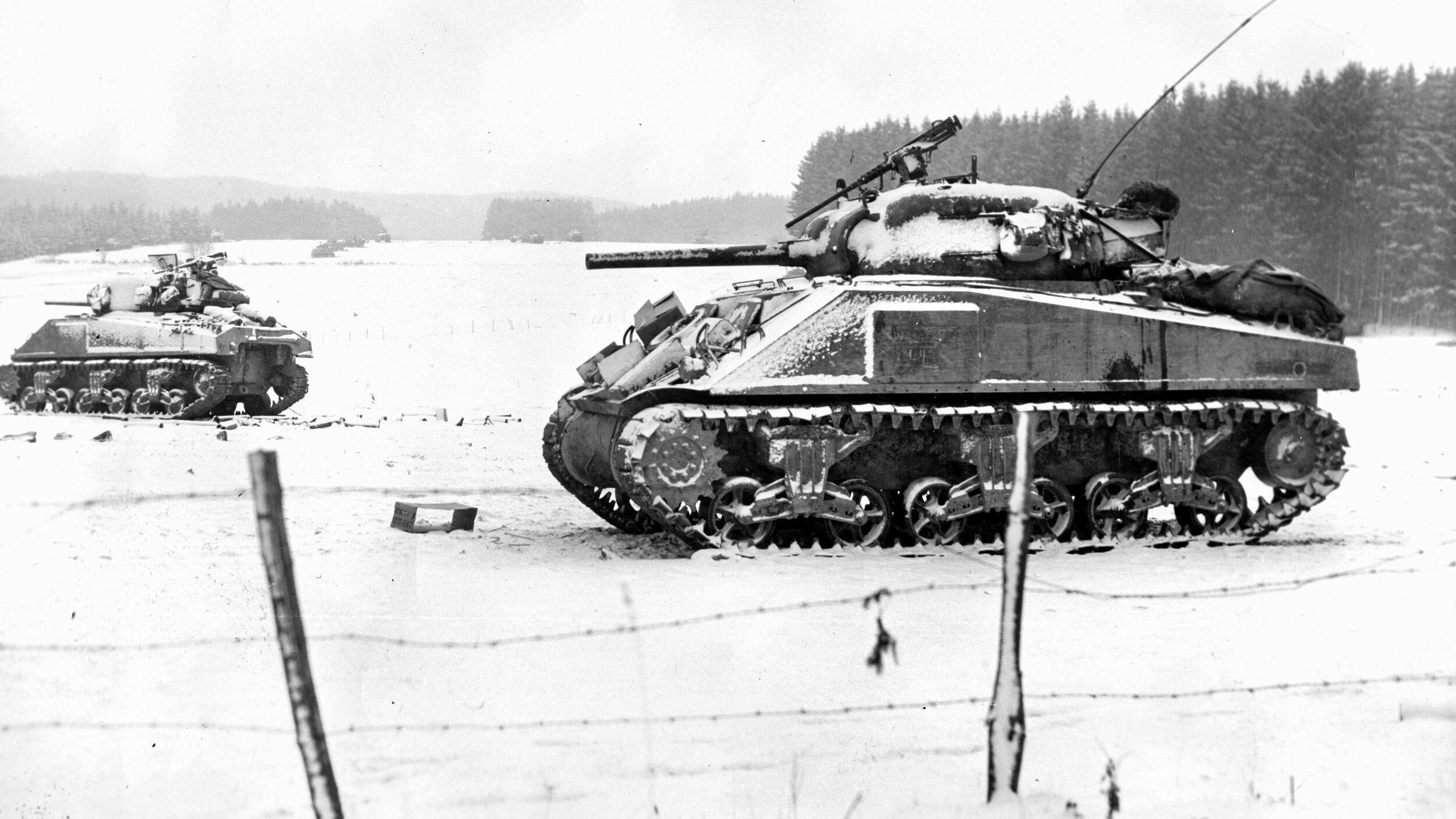
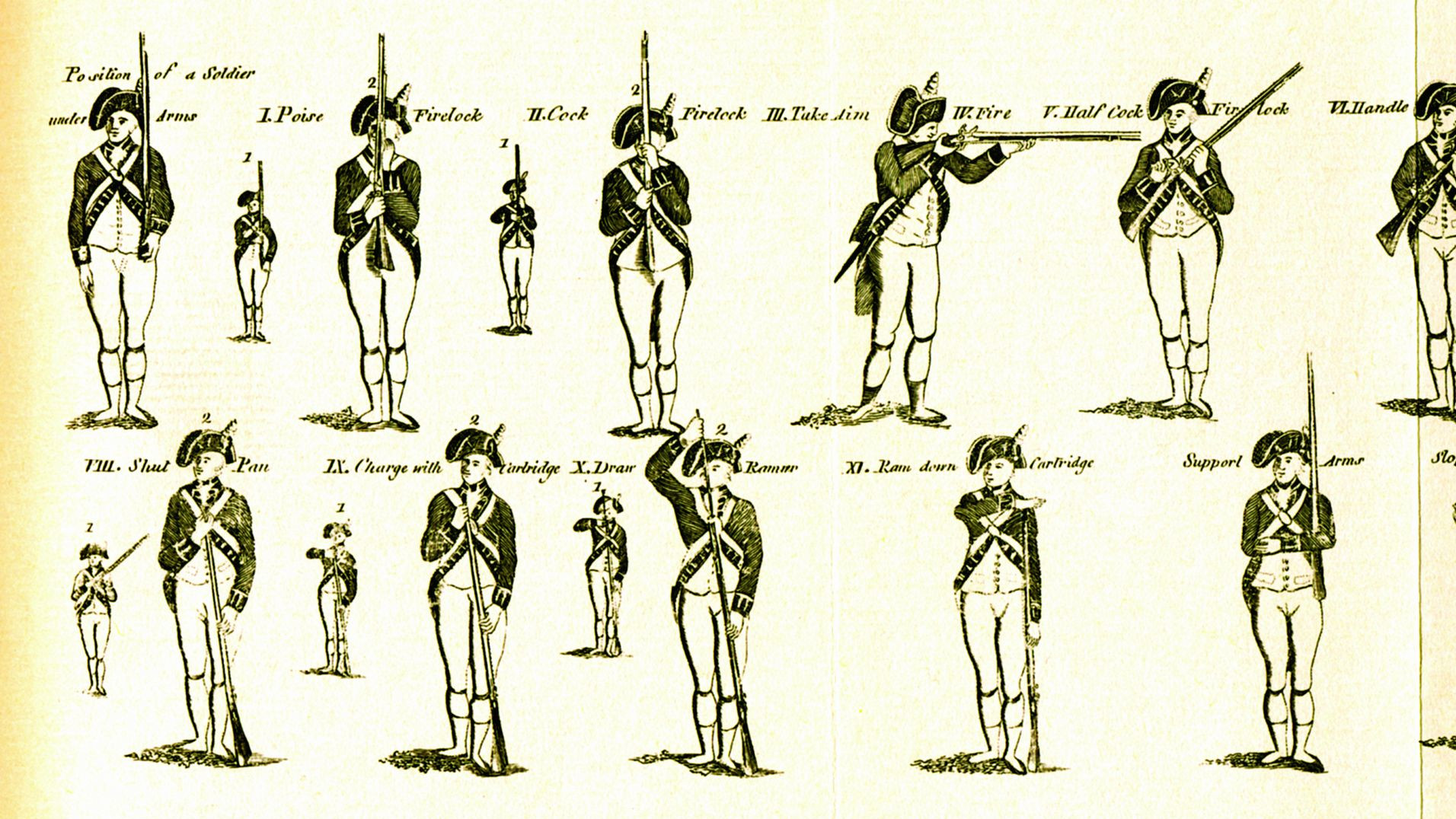
Perhaps a little less word processing and a tad more attention to spelling, consistent sentence structure, and related editing chores… please?